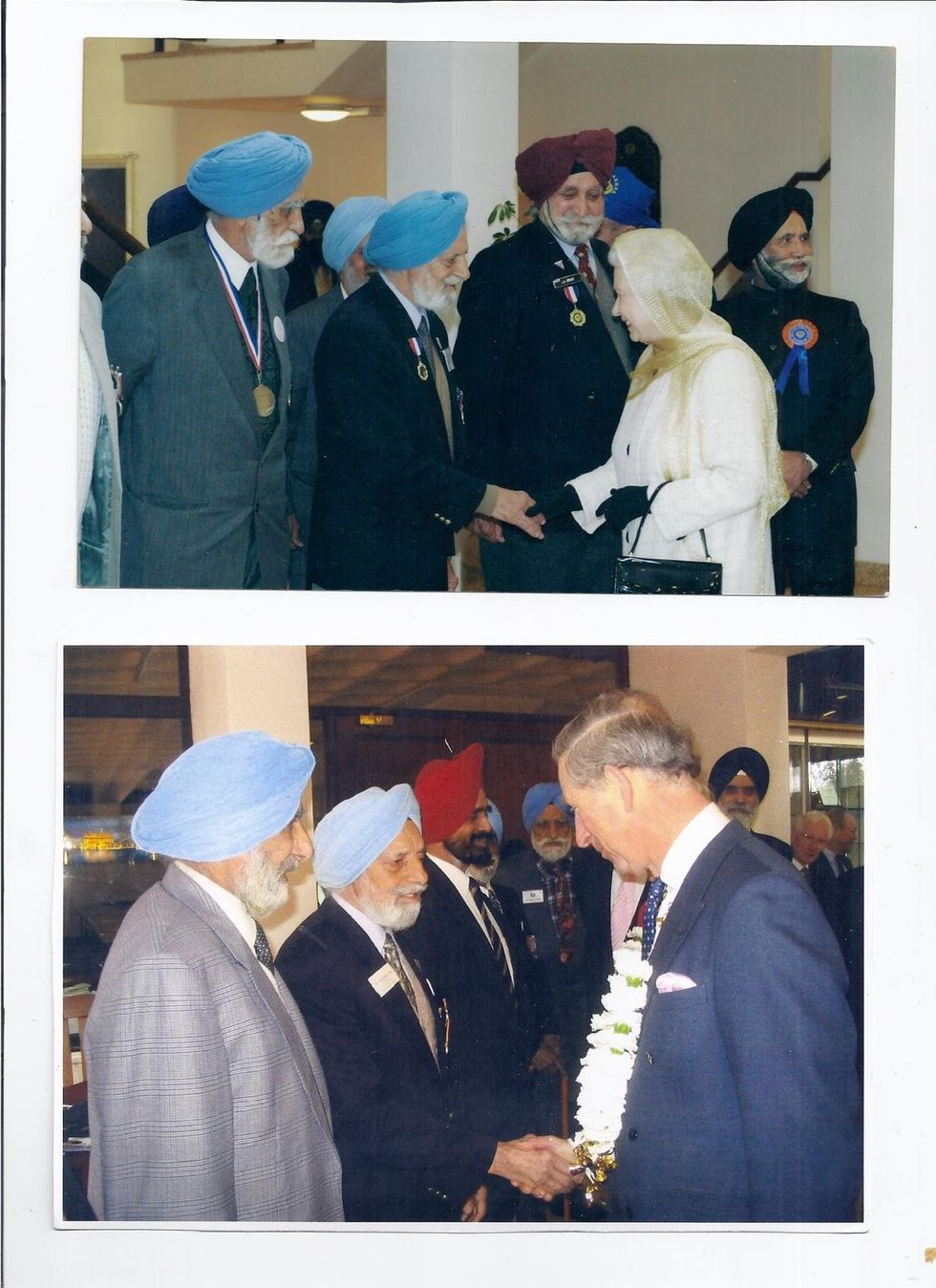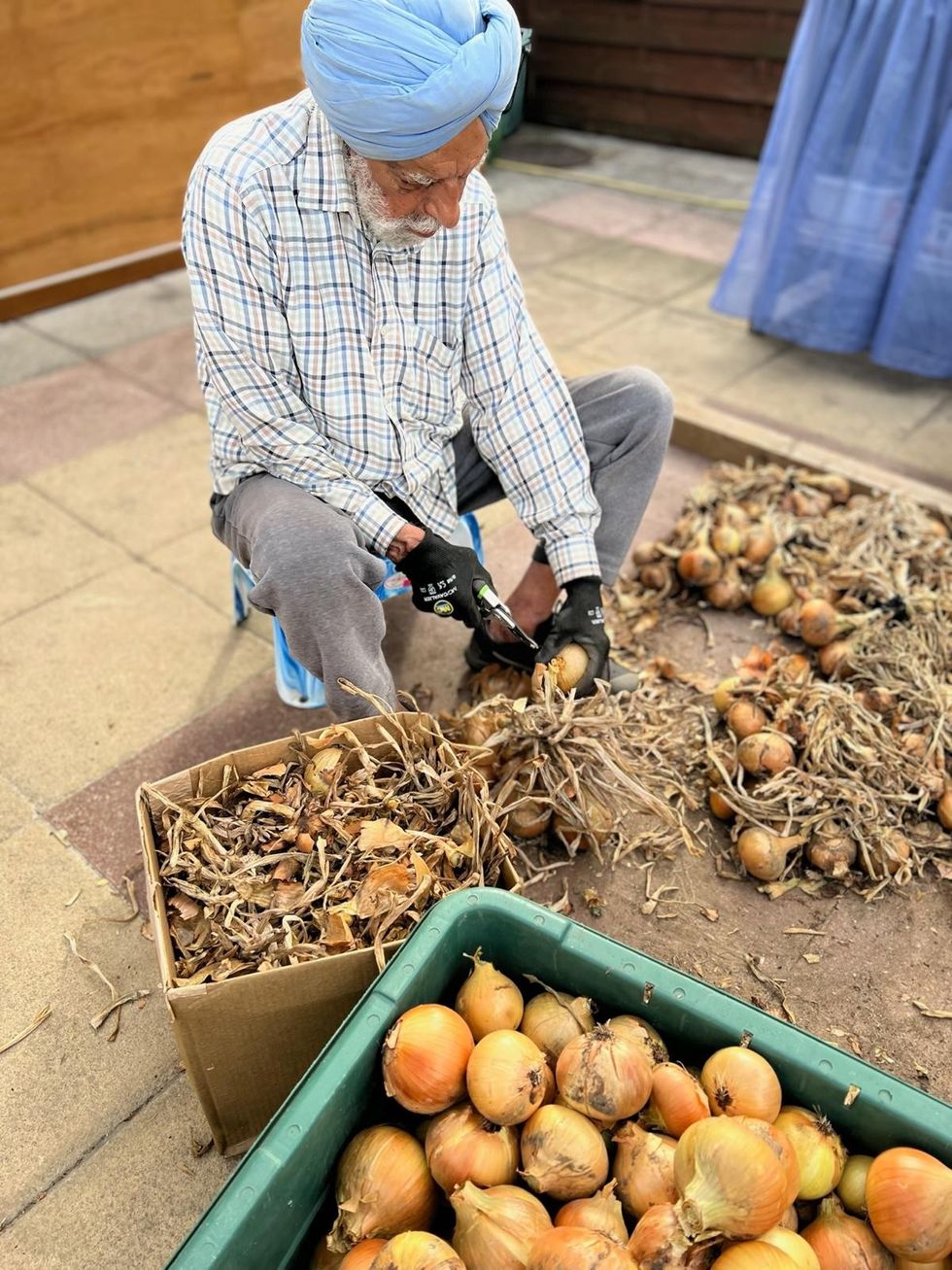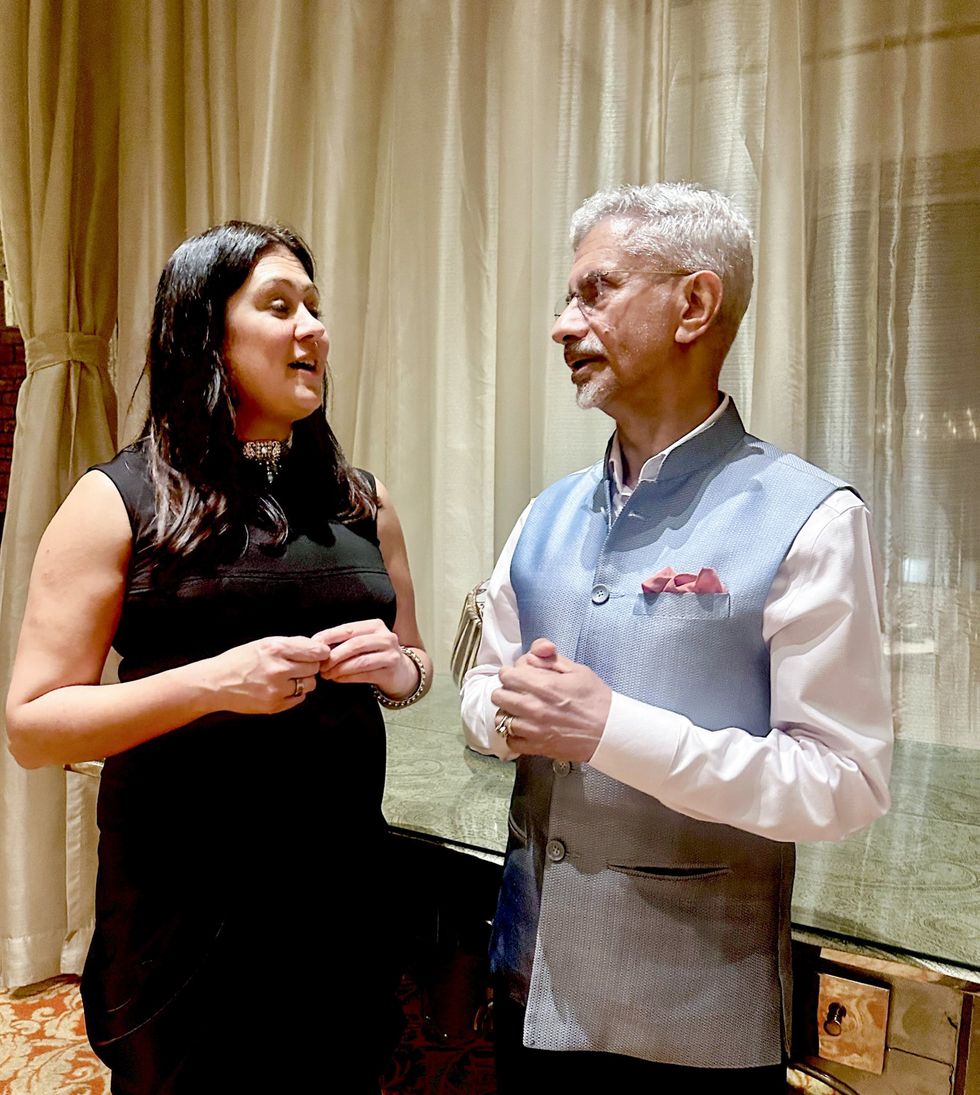SECOND-GENERATION ethnic minorities are less likely to be employed than their white counterparts in Britain, says a new research published on Tuesday (29), which also mentions that some ethnic groups- women of Pakistani and Bangladeshi origin- are less likely to reach managerial positions as compared to the white majority.
According to a report by the Institute for Fiscal Studies, second-generation ethnic minority adults, who were born and brought up in the UK by their immigrant parents, fared much better in the education system than the white majority. However, their success in education did not reflect fully in professional lives, says the report.
Based on Census data covering a 40-year period to track outcomes across generations within families, the research focuses on second-generation BAMEs, including Indian, Pakistani, Bangladeshi and black Caribbean ethnic groups, who comprise the majority of the country's second-generation adult ethnic minorities.
Second-generation BAMEs are much more likely to come from more disadvantaged social class origins as compared with the white majority, says the report, with only 16 per cent of Indian, 7 per cent of Pakistani, 5 per cent of Bangladeshi and 14 per cent of black Caribbean second-generation ethnic minorities were found to be from advantaged origins as compared with 29 per cent of white British people.
Despite having lesser advantage than their white counterparts, second-generation ethnic minorities are more likely to achieve high educational qualifications than the white people, says the report, highlighting that over 50 per cent of Indians and 35 per cent of Pakistanis and Bangladeshis have tertiary qualifications, compared with just 26 per cent of the white majority.
And despite being more likely be highly-educated, second-generation BAMEs nonetheless face overall lower levels of employment, says the report, adding that though once in employment, they tended to be more upwardly mobile and were more likely to be in professional or managerial jobs, except Pakistani and Bangladeshi women who were 5 per cent less likely than white people to be in managerial jobs.
Claiming that experiences of people from ethnic minorities who have grown up in the UK are “different and complex”, London School of Economics professor Lucinda Platt, who is also author of the report, said that their remarkable success in education should be celebrated, but hard questions need to be asked “about why this does not translate into equal success in the world of work”.
“It’s clearly not just about getting more qualifications, which is often seen as a panacea. Qualifications are necessary but not sufficient for upward mobility,” she said.



















 Dhatt with sons Jasvinder and Parminder
Dhatt with sons Jasvinder and Parminder Dhatt as a young soldier
Dhatt as a young soldier Dhatt with the then Prince of Wales, and the late Queen
Dhatt with the then Prince of Wales, and the late Queen Dhatt gardening at home
Dhatt gardening at home Dhatt with his granddaughter Amrit
Dhatt with his granddaughter Amrit
 Nandy at the WAVES event in Mumbai
Nandy at the WAVES event in Mumbai The culture secretary at Yash Raj Studios
The culture secretary at Yash Raj Studios With India’s foreign minister Dr S Jaishankar
With India’s foreign minister Dr S Jaishankar